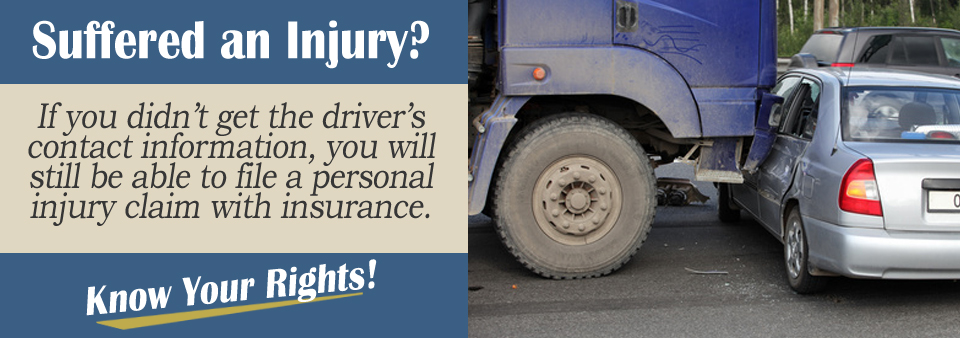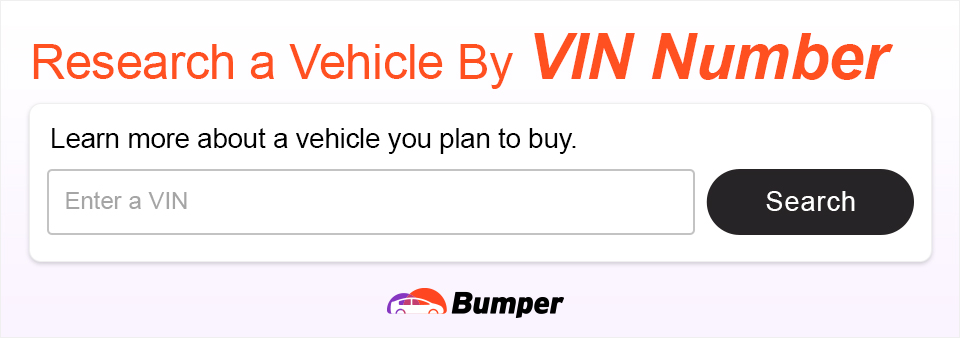No one wants to be in this situation. You are in a car accident, and the other driver refuses you to give you his or her insurance information. You think: “But you they are supposed to give me it. That is how it is done!” Unless you want to get into an altercation with the other driver, it is best not to push too much, unless the police are present. Do not worry. All is not lost. If you can get any information, you can still make a claim.
We have asked attorney, Alaina Sullivan, about what you should do. Here is what she had to say:
Why Would the Driver not Give me Their Insurance Information?
It can be for a variety of reasons. The driver might not have any insurance and does not want to be discovered. The penalties of not having insurance can be severe as pretty much all states require it. Perhaps it was not the driver’s car, and he or she might not have permission to drive it or are afraid to give their information. It could be a teenage child, and that child is scared for mom and dad to find out. Worst case scenario: the car could be stolen. However, it will not do you any good to sit there and speculate on the reasons. The best thing to do is figure out what to do next.

How to Find an Insurance Company by License Plate
It is important to remember to ask for insurance details from any other driver if you are involved in a collision with them. Sometimes, this doesn’t happen for a number of reasons. You might have been injured and were taken to hospital for treatment before being able to talk to the other driver.
You may have been hit by someone who didn’t stop, but you still got the license plate. You may have simply forgotten. Sudden car accidents, like getting rear-ended while stopped, can be stressful experiences. In some cases, the other driver may refuse to provide insurance details, even though this is an offense if there has been an accident involving their vehicle and yours.
If you believe that the accident was the other driver’s fault, you will need to make a claim with that driver’s insurer, so it will be necessary to get the details of which insurer it was somehow indirectly. You should be able to get the insurance details from the state DMV as long as you can prove that you have a valid reason for obtaining it. Generally, DMVs will not just give out personal details without a valid reason.
As long as you know the license plate number, this will make it easier. You will also need some other evidence for obtaining the insurance information, such as your own contact details, your own license plate number and evidence of registration and insurance policy, details of a collision, a police accident report, photos taken at the scene of the crash and eye witness reports etc.
Leave it to the Authorities
Odds are if the person does not have insurance, he or she certainly will not want the police to be called to the accident scene. However, you should look out for yourself first. It is always safe to contact the police to get an accident report for your own insurance claims. Let the police handle it when they arrive. Not having insurance can bring on criminal penalties so trust that the authorities will be able to properly handle it. This will also start your personal injury claim.
Get the Details
First, get all the details you can get. Write down or take a picture of the driver’s license plate number. Oftentimes, that is all the insurance company will need to make a claim. Write down the make and model of the vehicle and write down any information like marks, scratches or details that can help the police track the person down should he or she choose to flee the scene.
Turn it Over to Insurance
Once you have all this information, especially the license plate number, hand it over to your car insurance company. That person is paid to go over the facts with you and investigate the situation. If the insurance agent has the license plate number, he or she will be able to start the basic investigation.
All insurance companies need is the driver’s plate number to pull up that person’s information from the Bureau of Motor Vehicles or your state’s equivalent entity, and they should be able to locate their identity and insurance information.
Maintaining Evidence
It is important to get as much information as possible while you can still do so, in case the driver who refuses to hand over insurance details leaves the scene. It is best to do this as calmly as possible, bearing in mind you may be injured yourself and are waiting for medical help.
Make sure you record the following information as much as you can and call the police to respond to the accident, explaining that you have a problem with the other driver.
- License plate details;
- Make and model of the other vehicle;
- Time, date and location of the accident;
- How it happened in your own words;
- Damage to your vehicle and other vehicles;
- Injuries that occurred to anyone at the crash scene;
- Eye witness contact details;
- Statements, if willingly given, from eye witnesses;
- Check to see if there was a surveillance or traffic monitoring camera anywhere nearby that might have recorded the accident. Police, or your personal injury attorney, should be able to tell you what authority should be approached for a recording.
The police report will be particularly important if you are too badly injured to do much or any of the above. Police should always attend serious accidents when someone is injured and should record much, if not all, of the details above.
The rest of the evidence you need is the documentation showing what the cost of the accident was to you. That includes the cost of repairing your own vehicle, including towing charges if needed.
You will need a doctor’s report if injured and copies of any test results you have had to have. All costs of medical treatment, including doctor’s fees, the cost of hospital treatment, tests and scans should be obtained in the form of receipts and invoices.
Include the full cost of lost wages, or other income due to absence from work or your business.If the injuries are long term, you will need to get an estimate of future medical costs as well as the potential loss of income if you had to stay at home for long periods or were incapable of returning to the same job.
Determining Fault For the Crash
After you give your insurance adjuster the license plate number of the driver, he or she will come look at your car and determine the damage and what repairs are needed. That person will also contact the other person and view the damages. All of this is to help determine fault. If the fault is determined to be the other driver’s, then you will be released from liability. If, however, you are determined to be the one at fault, the insurance adjuster will release the other party and you will accept liability for the collision on your own insurance policy.
Contact an Attorney Today
A licensed personal injury attorney will be able to evaluate your case and determine if you have a claim against the other party’s insurance company. For the best chance of receiving the compensation you need to pay for medical bills, auto body bills, and pain and suffering, you should speak with a personal injury attorney in your area today.
